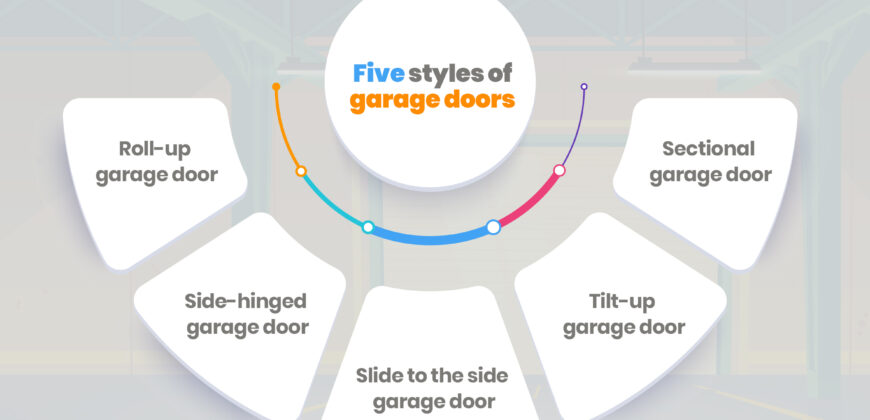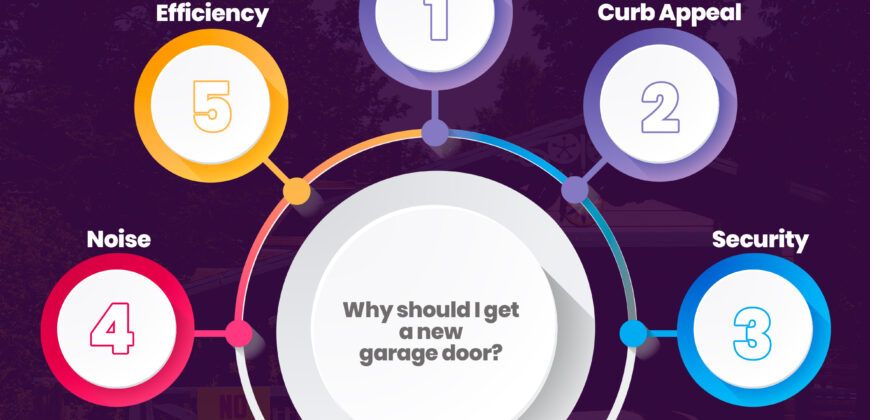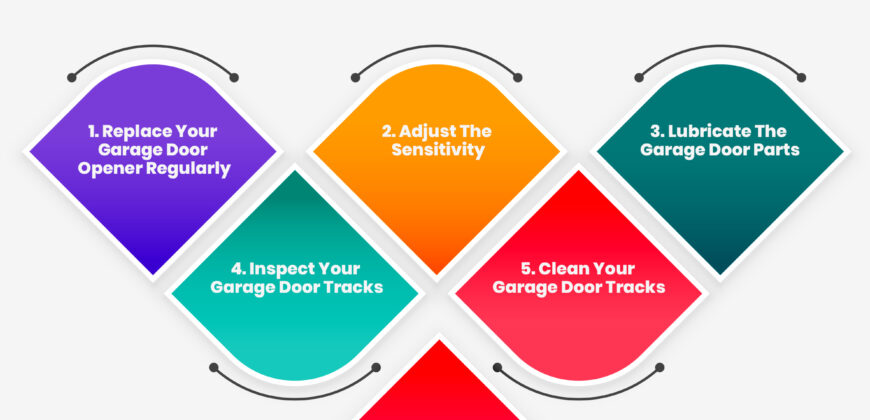Garage Door Windows: Should I Install Windows in My Garage Door?
When it comes to garage doors, homeowners are becoming even more creative. Garage door windows are becoming more popular due to their aesthetic qualities. If you are wondering whether or not to install windows in your garage door, this article…






Recent Comments